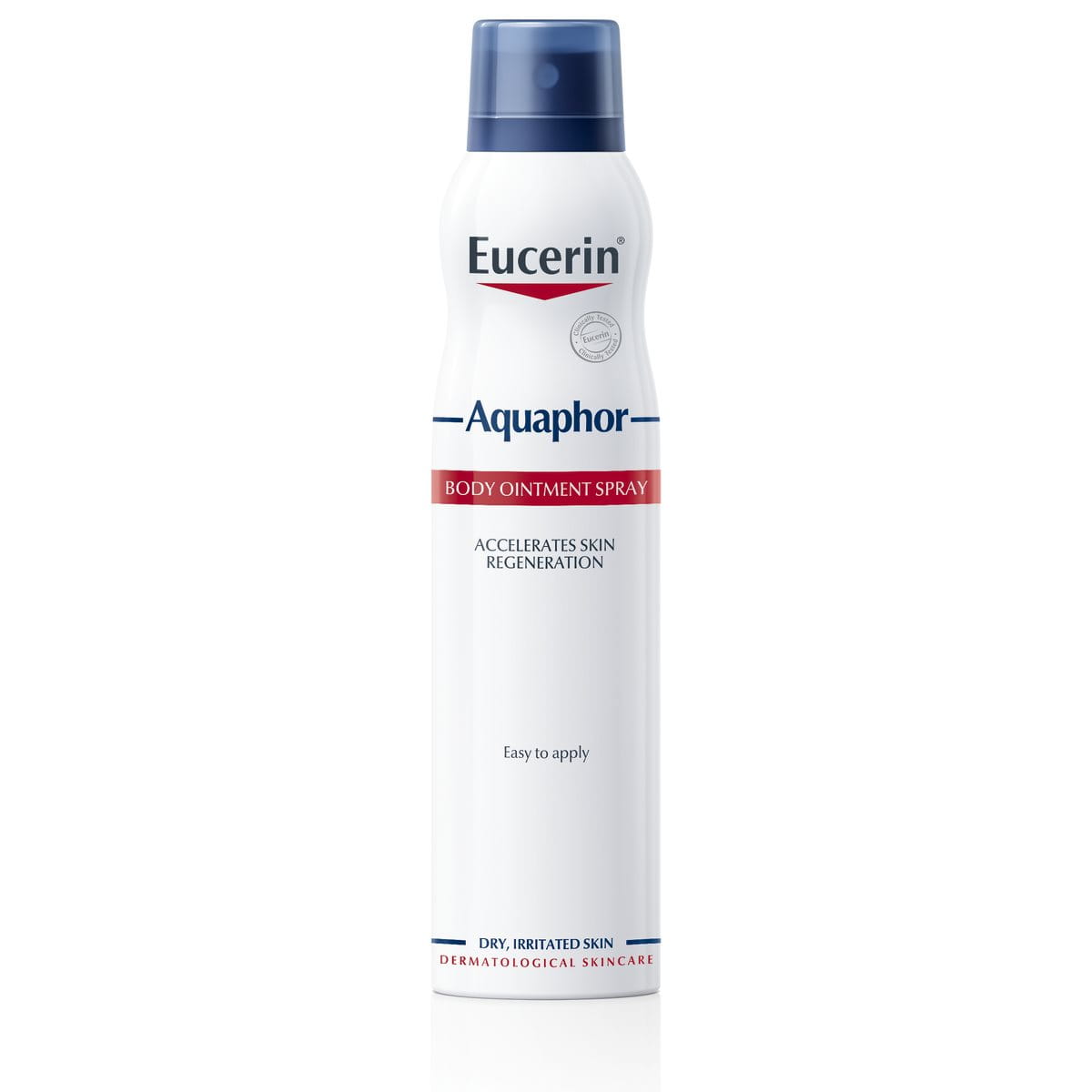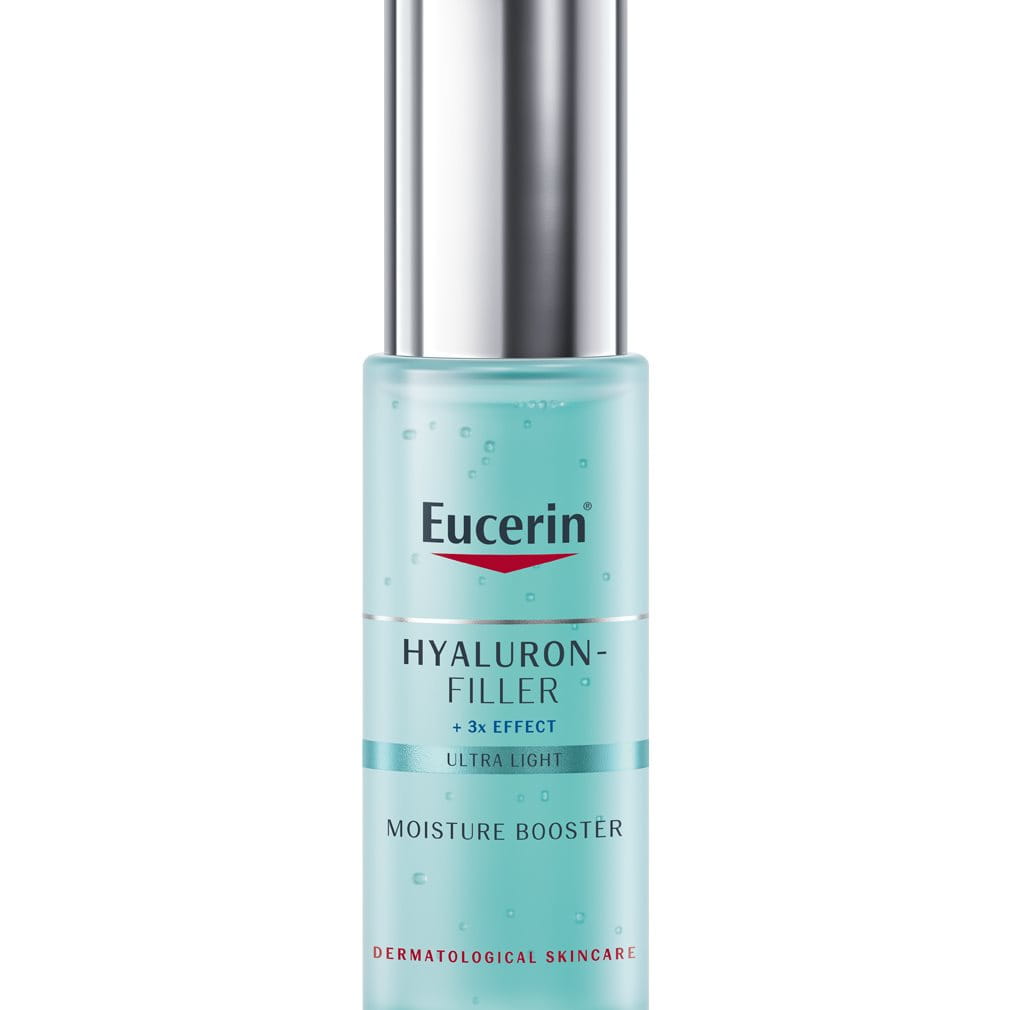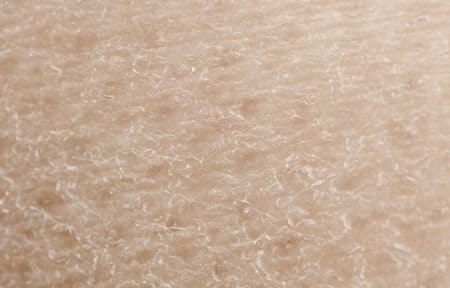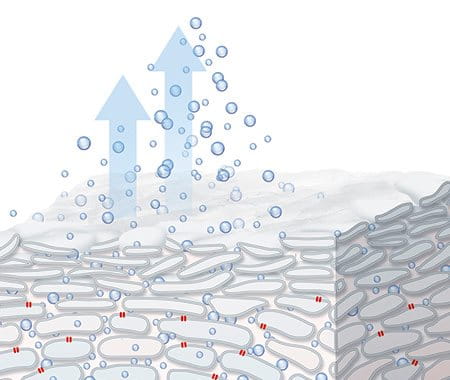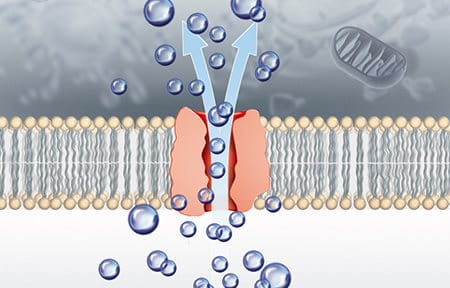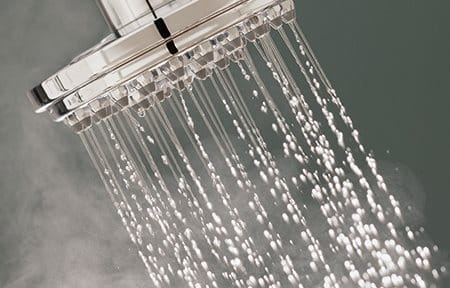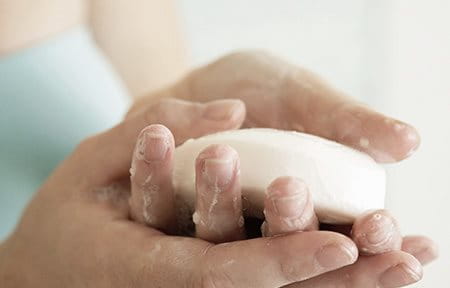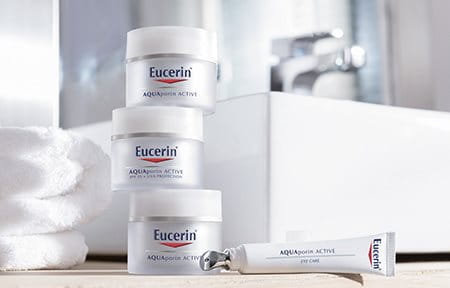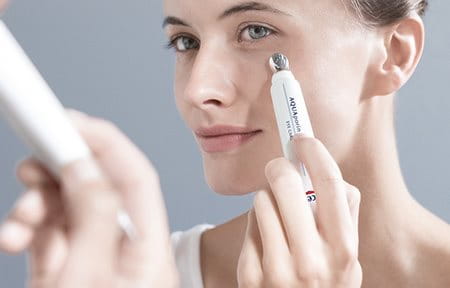When skin lacks moisture it looks dull and feels dry and is unable to work effectively as a barrier, protecting our bodies from external irritants. It becomes sensitive as a result.
The underlying causes and symptoms of dry, dehydrated and sensitive skin vary, but all have a disturbed moisture balance in common. Regular moisturisation with appropriate products can address this issue by supporting skin hydration. Sound skincare and lifestyle decisions can also help to alleviate the symptoms of sensitivity.
Once skin’s moisture balance is restored, its barrier function is strengthened and it is better able to protect our bodies from external aggressors. Hydrated skin is less prone to sensitivity, looks radiant and feels smooth and supple.

